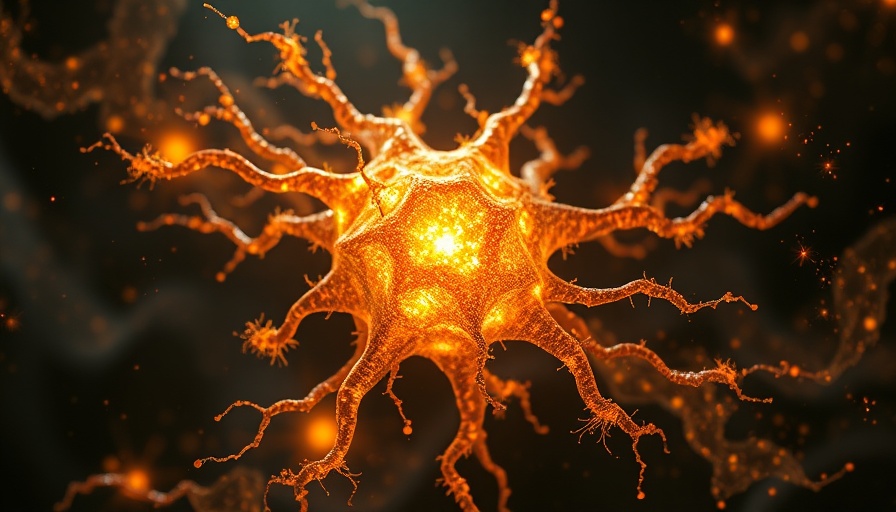
Unlocking Longevity: The Role of Exosomes in Cellular Health
As we age, our bodies undergo a myriad of changes that can affect our overall health and vitality. One significant change is the increase in cellular senescence, a state where cells stop dividing and function poorly, contributing to various age-related diseases. Recent research has unveiled a promising method to combat this phenomenon using exosomes derived from human embryonic stem cells (hESCs). This groundbreaking study, discussed in the journal Cell Metabolism, sheds light on how manipulating these tiny cell-derived vesicles can restore cellular function and potentially enhance longevity.
Understanding Cellular Senescence: Friend or Foe?
Cellular senescence is a double-edged sword. It plays essential roles in development and wound healing, but an accumulation of senescent cells in our bodies can lead to decreased tissue health and increased chronic inflammation. This malaise is often exacerbated by the senescence-associated secretory phenotype (SASP), which releases signals that encourage nearby cells to also become senescent. The study cleverly addresses this issue by exploring the potential of hESC-Exos to rejuvenate aging cells, thus ameliorating the SASP effects and restoring cellular health.
A Closer Look at Exosomes: The Tiny Messengers of Cellular Communication
Exosomes are small vesicles that facilitate communication between cells by transporting proteins, lipids, and RNAs. They are critical for cellular communication, especially during critical processes like development and immune response. The research highlights how hESC-Exos can counteract the damage caused by senescence, making them a key player in potential therapies for age-related ailments.
The Research Breakthrough: Results That Shine Bright
In a series of experiments involving both cell cultures and mice, researchers tested the effects of hESC-Exos on senescent cells. The findings were nothing short of impressive. Treated human fibroblasts, which had entered senescence after numerous divisions, displayed remarkable rejuvenation. The exosome treatment reduced the expression of senescence markers while enhancing genes associated with cell proliferation. In vivo, mice injected with these exosomes regained youthful attributes, improving their health and extending their lifespan.
The Implications for Health and Aging: A Glimpse into the Future
This pioneering study sheds light on a potential pathway for aging and health interventions. The transformation of senescent cells back to functioning ones opens doors to innovative treatments for age-related diseases, promising enhanced health during both middle and older ages. While the applications of hESC-Exos are still in nascent stages, their implications suggest a future where prolonged vitality and health could be commonplace.
Inspiring a Healthier Tomorrow
In a world where the pursuit of longevity often feels like an uphill battle, the results from this research are indeed inspiring. By embracing advancements like those involving exosomes, individuals can hope for a healthier, more vibrant life as they age. As pioneers in health and wellness, we can take heart in knowing that science is paving the way for a future rich in biological potential.
 Add Row
Add Row  Add
Add 




Write A Comment